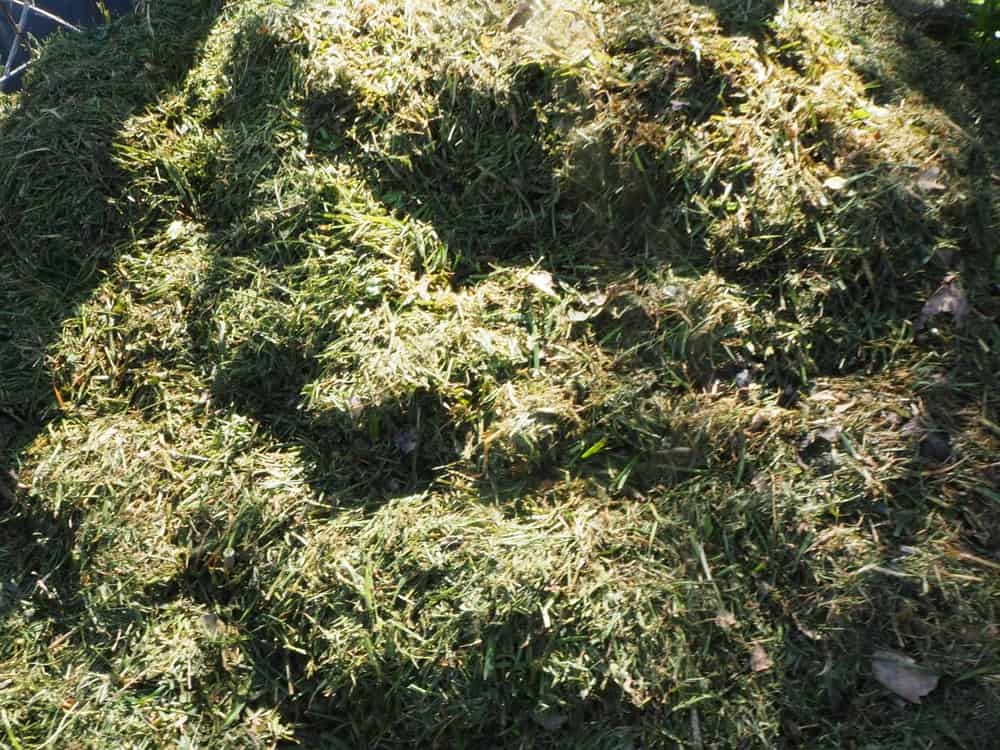

It also blooms at an early age and sets a seed early in its development.Ĭrabgrass is the dominating weed problem in golf courses and sports turfs because it germinates from seed each year. This perennial grass can grow to a height of six feet in a short time. In urban and residential areas, the weed that causes the most problems is Johnsongrass.
#DISPOSING OF GRASS CLIPPINGS HOW TO#
How To Identify And Control Thick Grasses Also, ensure to add some brown material, such as leaves or newspapers, to help the composting process.Īlso Check: Does Home Depot Service Lawn Mowers Remember, you only want to use dry clippings for composting. This helps to keep things neat and tidy, and prevents your compost heap from becoming too smelly over time, especially in the summer. If you do use composting to dispose of grass cuttings, buying a proper compost bin, even a small one, is a good idea. If you create a compost heap, you might also like to add kitchen scraps, to prevent them from going to landfill. If your lawn mower collects grass clippings, and you want to recycle them, you might want to create a pile for them somewhere in your garden, or use a compost bin.Īs the clippings decompose, they will eventually turn into beautiful compost, which you can use on your grass, hedges, and veggie patch.
#DISPOSING OF GRASS CLIPPINGS FULL#
And why wouldnt they? Grass clippings are easier to eat than thatch, since thatch consists of roots and stems, which are full of fibrous lignin. Once said clippings dry out, very little biomass remainsand what does remain is so high in nitrogen that microorganisms will feed on that first. Because they are basically leaf material, grass clippings are mostly water. Heres the reason, straight from your grade school biology textbook. So, theres no need to worry about disposing of the grass clippings theyll degrade readily on their own. But Landschoot and Patton say most turfgrass scientists dont consider the clippings to be part of the thatch, since they are short-lived and break down rapidly. When you mow and let grass clippings fall into the turf, they may very well wind up down in the thatch.

True, the laws of gravity are hard/pointless to argue. Combining dried grass with dried leaves creates a perfectly balanced compost with the right nutrient breakdown.Įxperts Saythe Grass Clippings Arent To Blame The clippings are better for compost when they are dried too. But if you dry them first, you can put a thicker layer down, preventing water loss and feeding nutrients to the plants while also maintaining a stable temperature and moisture level. Grass also gets incredibly hot as it decomposes. Putting a thick layer of fresh grass clippings on your plants can lead to mold. Drying out the grass clippings also prevents heat and moisture buildup when you use them as mulch. Getting the balance of nutrients in your soil right is crucial and too much nitrogen can disrupt their growth. In some cases, you should dry your grass clippings out before using them.ĭry grass clippings have less nitrogen in them than fresh clippings. They can be used for mulch, to stop weeds from growing through, and they can be added to compost. Old grass clippings have a lot of uses in the harden.


 0 kommentar(er)
0 kommentar(er)
